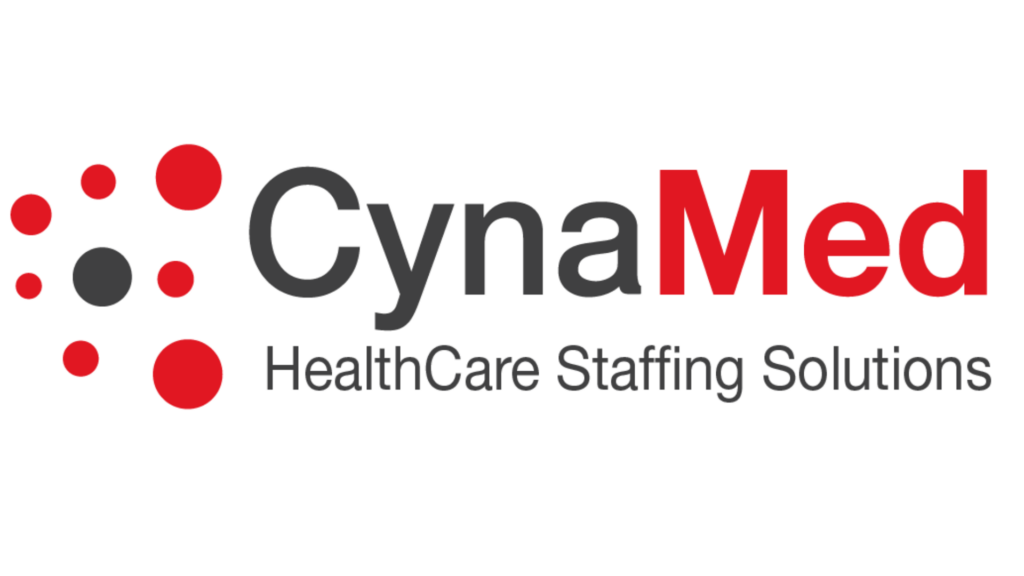RN jobs provide a higher salary and more responsibility in the workplace than LPN jobs, but RNs must invest in a more time-consuming, expensive education. Let’s take a closer look at the differences in education for LPN vs RN careers.
Educational requirements for an LPN
Practical Nursing Diploma Programs
The prospective student looking to become a licensed practical nurse (LPN) should first complete high school. Only afterward, applicants can then pursue a Practical Nursing Diploma. Be sure to check if the program counts with the approval of the Pennsylvania State Board of Nursing. LPN certificate programs take about 12 months and are primarily offered at community colleges or technical colleges such as Pittsburgh Technical College or the Health & Technology Training Institute in Philadelphia.
These programs include classes in nursing, biology, chemistry, first aid, anatomy, psychology, emergency medical technology, and more. Students should also expect to gain firsthand experience with required supervised clinical work. The prospective LPN will need a background check, fingerprinting, and a physical before starting their education. LPN licenses expire on June 30th of even-numbered years in Pennsylvania. There is no CEU requirement to renew licenses.
The Application and NCLEX-PN
After graduation, every student looking to find an LPN job will need to pass the NCLEX-PN. This exam is computer-adapted and standardized and every state offers it. The exam determines if a student is ready to become a licensed nurse. It will test the knowledge learned in the LPN program and includes mostly multiple-choice questions with some fill-in-the-blank and multiple-response. When nurses fail the NCLEX-PN, they can retake it — after a short period of waiting — for an additional fee.
If you want to retake it, you can find the application online, and there is a processing fee of $35 for Pennsylvania LPN graduates.
Educational Requirements for an RN
ADNs, BSNs, and Diploma Programs
Those looking to become a registered nurse (RN) must first complete high school and then earn an Associate Degree in Nursing (ADN), a Bachelor of Science in Nursing (BSN), or a diploma from a board-approved nursing program. Like prospective LPNs, students looking to land an RN job should also double-check that their program is approved by the Pennsylvania State Board of Nursing before starting their education. ADN and diploma programs take about two years, while BSN degrees take about four years to complete. Like LPN training, potential students of these degrees will need a background check, fingerprinting, and a physical to pursue their education.
ADN programs often take place in community colleges or hospital-based schools of nursing. The classes are more focused and vocational, relating mainly to nursing.
BSN programs are more common at public and private colleges and universities, where gen-ed requirements give exposure to subjects other than nursing. They focus more on developing critical thinking skills and general knowledge than an ADN program, offering a well-rounded education while still providing the necessary nursing training. In some cases, a BSN can also open up more career options, including further education at a graduate school.
All of these RN degrees require clinical experience. These degrees are different from Practical Nursing Diploma Programs because they provide more in-depth education, such as more leadership training, research projects, and instruction of legal issues and ethics.
The Application and NCLEX-RN
Regardless of the degree pursued, potential RNs will need to pass the NCLEX-RN after completing their education. This exam is a standardized test very similar to the NCLEX-PN. The NCLEX-RN is formatted and executed the same and applicants can retake it as well. The most significant difference between the two is the content of the exam. The NCLEX-PN is an easier exam because it does not have as much of a focus on critical thinking and decision-making.
You can find the application to take the exam online. There is a $35 processing fee to determine eligibility for the exam.
For more information on LPN vs RN nursing careers, visit CynaMed.






